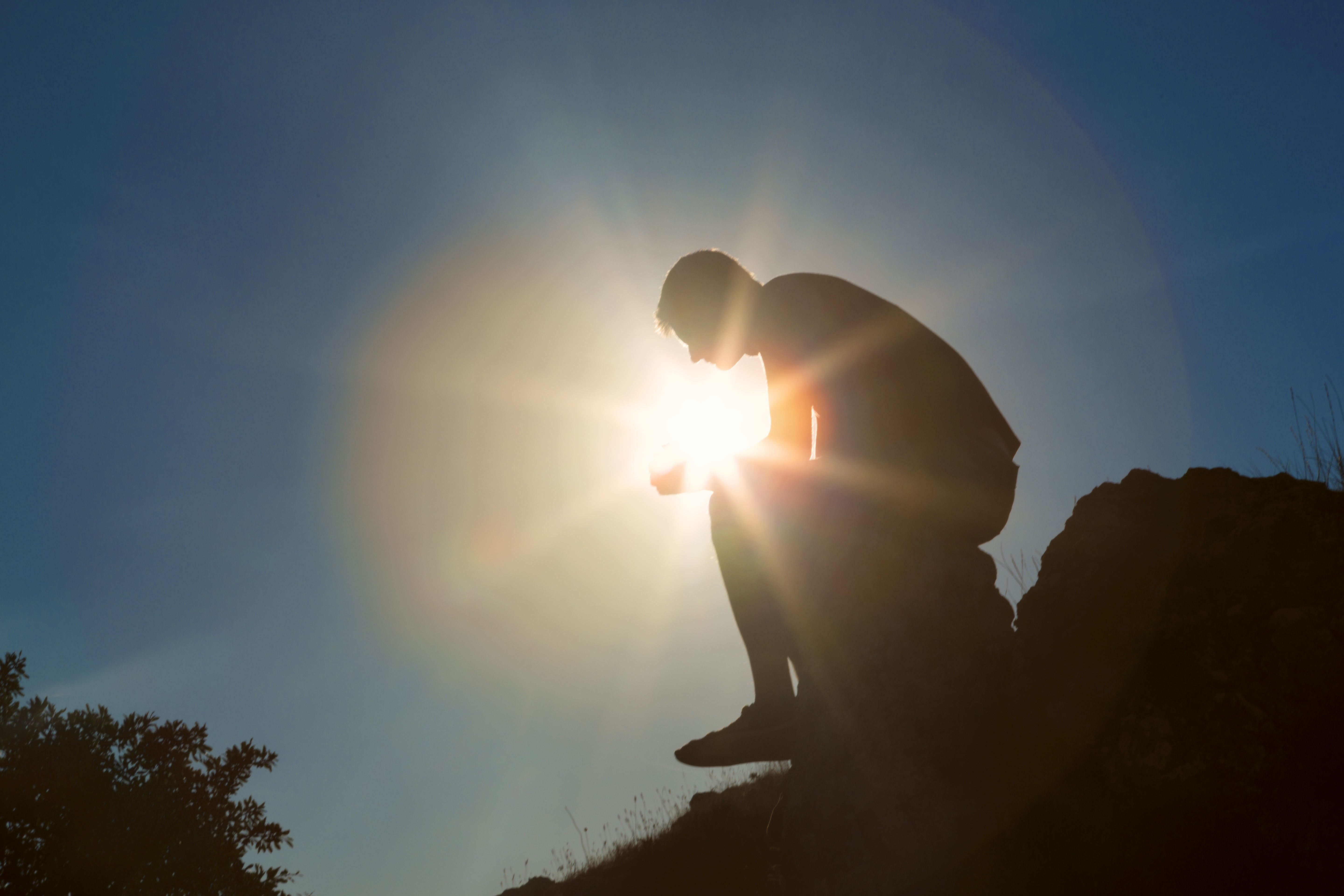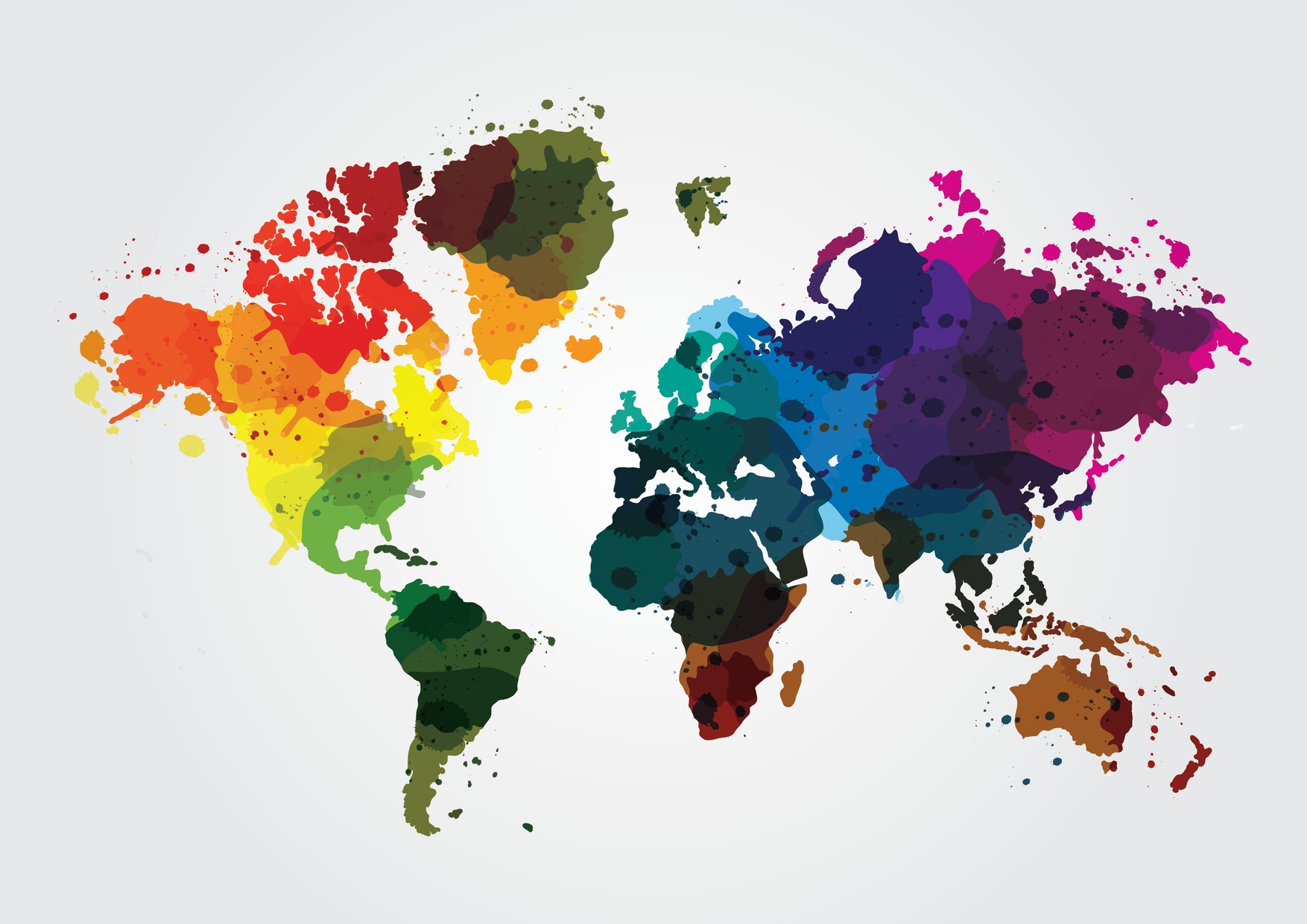
Copyright: Image by StockUnlimited
It’s natural to feel apprehensive when entering any new situation, and going to a foreign country is no exception. Traveling overland in your own vehicle can add to that apprehension because you are often further away from the tourist track than may be typical with other modes of travel. This additional exposure, though, is one of the reasons that overland travel can be so rich and rewarding.
We’ve experienced these emotions firsthand, and we know that our families are often concerned for our safety, especially in the months leading up to departure. We left for North Africa only months after the US invasion of Iraq in 2003. Traveling to countries like Mali and Mauritania on US passports gave us significant cause for concern.
We’ve come up with a few strategies to address our own fears and to help assess the real risks of a situation.
Remember, the Media Mostly Reports Bad News

Copyright: Image by StockUnlimited
News outlets are in business to make money first, and to report the news second. And good news doesn’t sell as well as bad news. A constant stream of reports of crime and violence from a country leads many outsiders to conclude that the country as a whole is dangerous.
This goes both ways – the media in other countries also reports bad news, and people have been hearing a lot about gun violence in the US. Many people have asked us about the safety of travel in the United States, given what they’ve heard about this problem. We always try to re-assure them that while this is one of the problems that our country is dealing with, it doesn’t mean that a visitor has anything but an exceedingly remote chance of becoming involved in one of these incidents. Remember, travelers anywhere are far, far more likely to be injured in a road accident than they are to be bitten by a deadly tropical snake, catch an exotic disease, or be involved in violent crime.
Johannesburg, South Africa, was one of the scariest places we’ve visited. Locals advised us that if we had to drive at night not to come to a full stop at intersections. In some areas exit ramps off highways had signs advising, “Caution: Hi-Jacking Hot Spot.” There was barbed wire and “24 Hour Armed Response” signs everywhere. Even the high-end shopping malls had metal detectors and guns checks at the entrances (think “coat checks” but for guns).
In light of all of this, Jen was surprised when the lady cutting her hair commented that she wouldn’t want to visit the United States because of all of the violence there. From that experience and many others like it we have come to realize that people everywhere seem to exhibit a philosophy that “other places are scarier than here”.
Issues in One Part of a Country Don’t Make the Whole Country Dangerous

Copyright: Image by StockUnlimited
For example people we met in Morocco were terrified for us when told them we were going to Mauritania. Then when we arrived in Mauritania people asked if anything horrible had happened to us while we were in Morocco. To us both places were fantastic and safe; indeed our experiences in both countries seemed very much at odds with what the people that we met had thought. When we reflected on it some more, though, we realized that it is very possible that these well-intentioned people had never actually traveled to their neighboring country. Thus their perspectives may have been influenced mainly from impressions, rumors, and second-hand news.
Jen’s South African hairdresser heard reports of violent crime in the US and concluded that the whole country is dangerous, from sea to shining sea. While the news reports were undoubtedly true, they can have the effect of skewing many readers’ impressions and inflating their fears.
Right now there are reports of protests by the teacher’s union in Oaxaca, Mexico turning violent. Mexico is a huge country. If I were in Baja right now, for example, I wouldn’t think twice about these events. If I were planning on visiting Oaxaca, then I’d try to find out more. Talk to other travelers who have been there recently. Talk to people who live there, and yes, pay attention to the news media. It may be prudent in those cases to change your route or wait until the situation calms down.
Some Specific Strategies

Copyright: Image by StockUnlimited
Here are some concrete things you can do to help alleviate fears, either yours or those of friends and families:
- If you’re the analytical type, look up crime statistics about your destination. Try to find information about the specific areas you’ll be visiting as well as for the country as a whole.
- Learn more about the places you’ll be visiting. What is the political climate like, how well are the people treated by their government, and how prosperous are they.
- Connect with other travelers using facebook groups or other forums specific to the regions you’ll be visiting. Ask questions, especially if you’ve heard recent reports of security problems. Chances are someone has visited the area recently.
- Talk to locals and other travelers whom you meet on the road. Remember though that sometimes local people don’t travel much – you may have seen more of their country than they have.
No matter whether you’re at home or abroad, being the victim of a crime comes down to chance. By being aware of what’s going on in the regions you’re visiting and talking to people who have been there, you can avoid places and situations that present more than average risk. And by doing your homework you can go into your trip knowing that you’ve done everything you can to educate yourself about your destination.
Happy travels!

Excellent article; was just the right length
It answered the question initially posed.
Well written.
Common sensical.
Friendly.
Good Job!
Thanks, Mark!